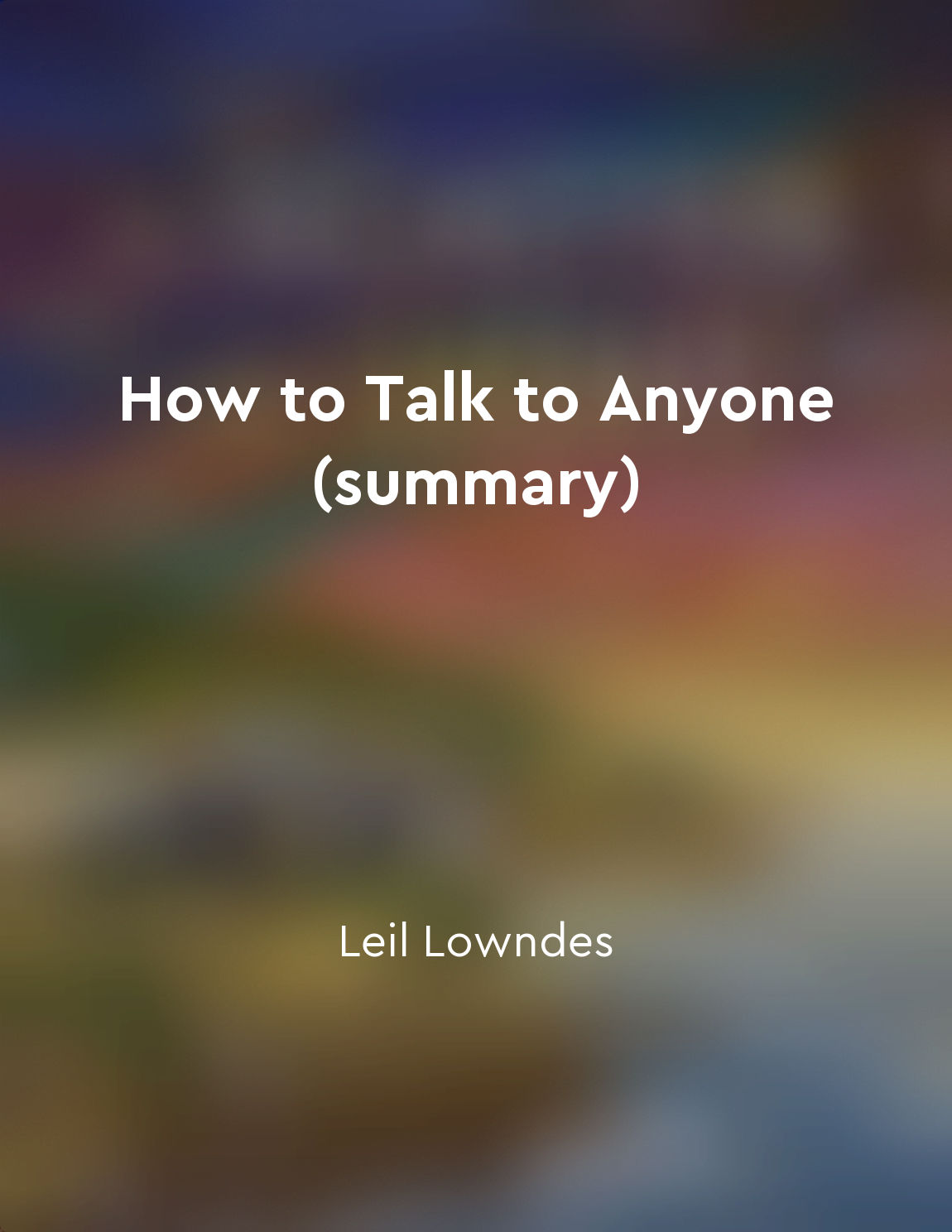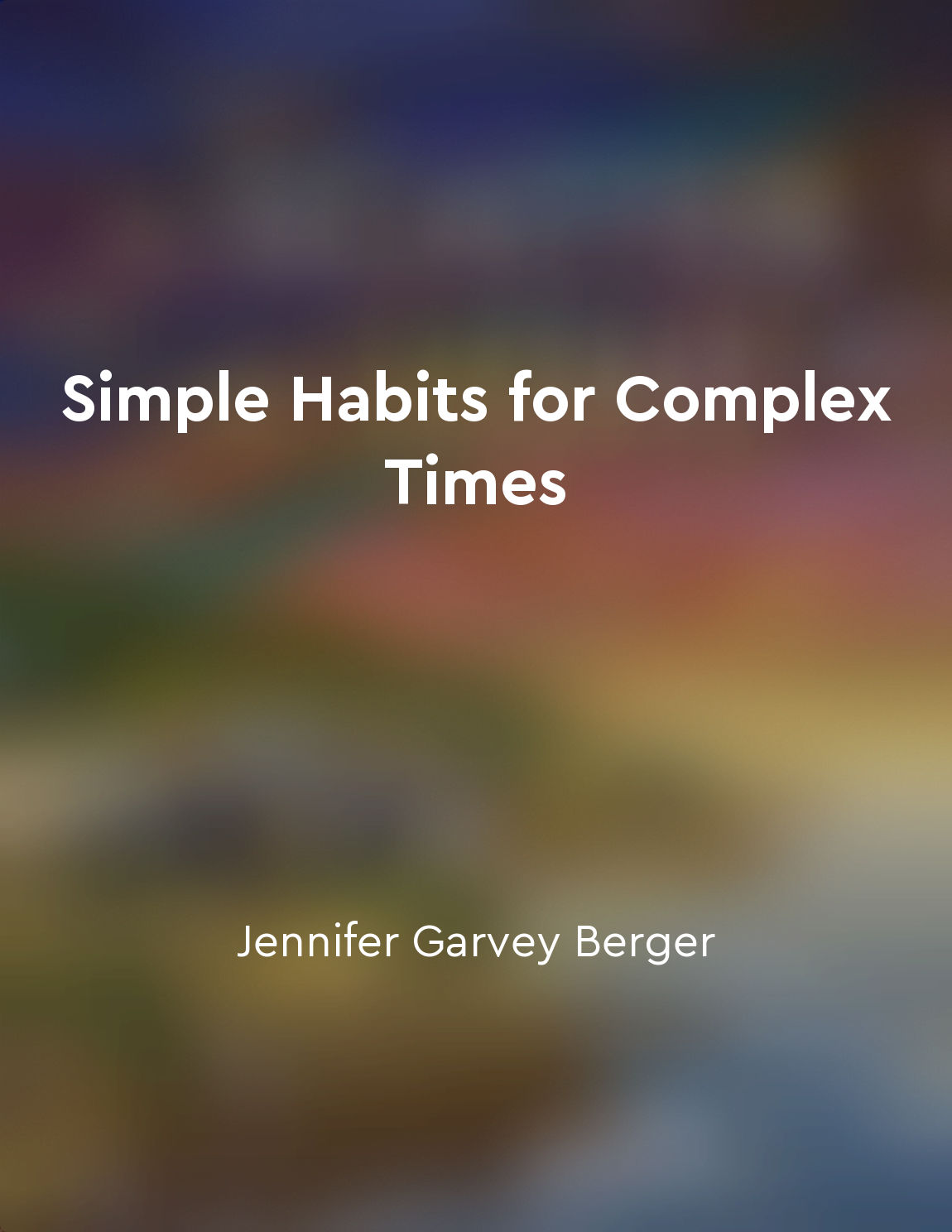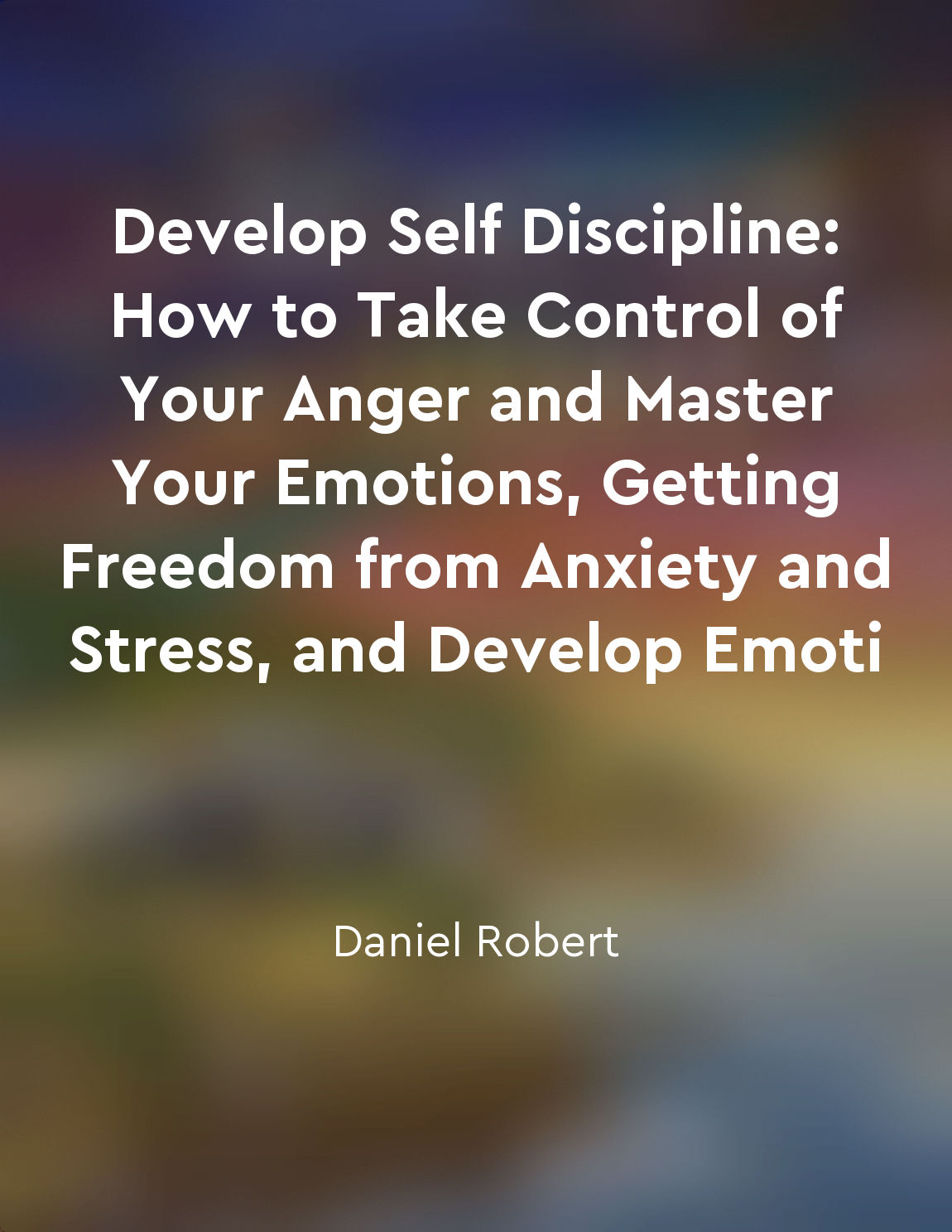Foster resilience through emotional intelligence from "summary" of Resilient by Rick Hanson, PhD,Forrest Hanson
Developing emotional intelligence is a key factor in building resilience. When we are able to understand, manage, and express our emotions effectively, we are better equipped to navigate life's challenges with grace and strength. Emotional intelligence allows us to recognize our own emotions and those of others, giving us the ability to respond thoughtfully in difficult situations. By fostering emotional intelligence, we can cultivate a sense of self-awareness that helps us recognize our triggers and patterns of behavior. This self-awareness allows us to regulate our emotions and make more conscious choices in how we respond to stressors. In doing so, we can prevent ourselves from being overwhelmed by negative emotions and instead find ways to cope and adapt. Furthermore, emotional intelligence enables us to empathize with others and build stronger relationships. When we are able to understand and connect with the emotions of those around us, we can offer support and encouragement in times of need. This sense of connection and belonging can provide us with a sense of security and resilience in the face of adversity. Through developing emotional intelligence, we can also cultivate a sense of optimism and positivity. By recognizing and reframing negative thought patterns, we can shift our perspective and focus on the opportunities for growth and learning in every situation. This positive mindset can help us bounce back from setbacks and setbacks more quickly and effectively.- Emotional intelligence is a powerful tool for building resilience in the face of life's challenges. By developing our capacity to understand and manage our emotions, we can strengthen our ability to adapt, cope, and thrive in the face of adversity. Embracing emotional intelligence can help us cultivate a deeper sense of self-awareness, empathy, and positivity that will serve us well in all aspects of our lives.
Similar Posts
Social hierarchies can influence behavior and attitudes
Social hierarchies play a crucial role in shaping human behavior and attitudes. People are constantly navigating various social...
Taking risks for happiness
In a world filled with uncertainties and doubts, taking risks can be a terrifying prospect. It requires a leap of faith, a will...

Maintain eye contact
Eye contact is a powerful tool in communication. It can convey confidence, sincerity, and interest in the other person. When yo...
Build a strong network
To succeed in business, it is crucial to establish connections with other people. A strong network of relationships can provide...
Frustration is a common emotion in both personal and professional settings
Frustration is something that we all experience at some point in our lives, whether it be in our personal relationships or in o...

Cultivate resilience to overcome challenges
Resilience is the ability to bounce back from setbacks. It’s not about avoiding challenges; it’s about overcoming them. Life is...

Foster a learning culture
To create a learning culture within an organization means to establish an environment where curiosity, experimentation, and ref...

Avoid negative topics
When engaging in conversation with others, it is crucial to steer clear of negative topics. Bringing up subjects that are pessi...

Cultivate gratitude for a positive outlook on life
Cultivating gratitude is a powerful practice that can have a profound impact on our outlook on life. When we intentionally focu...

Setting boundaries and saying no when necessary is important for emotional balance
Having boundaries is essential for maintaining emotional balance. When we don't set boundaries, we open ourselves up to being t...

